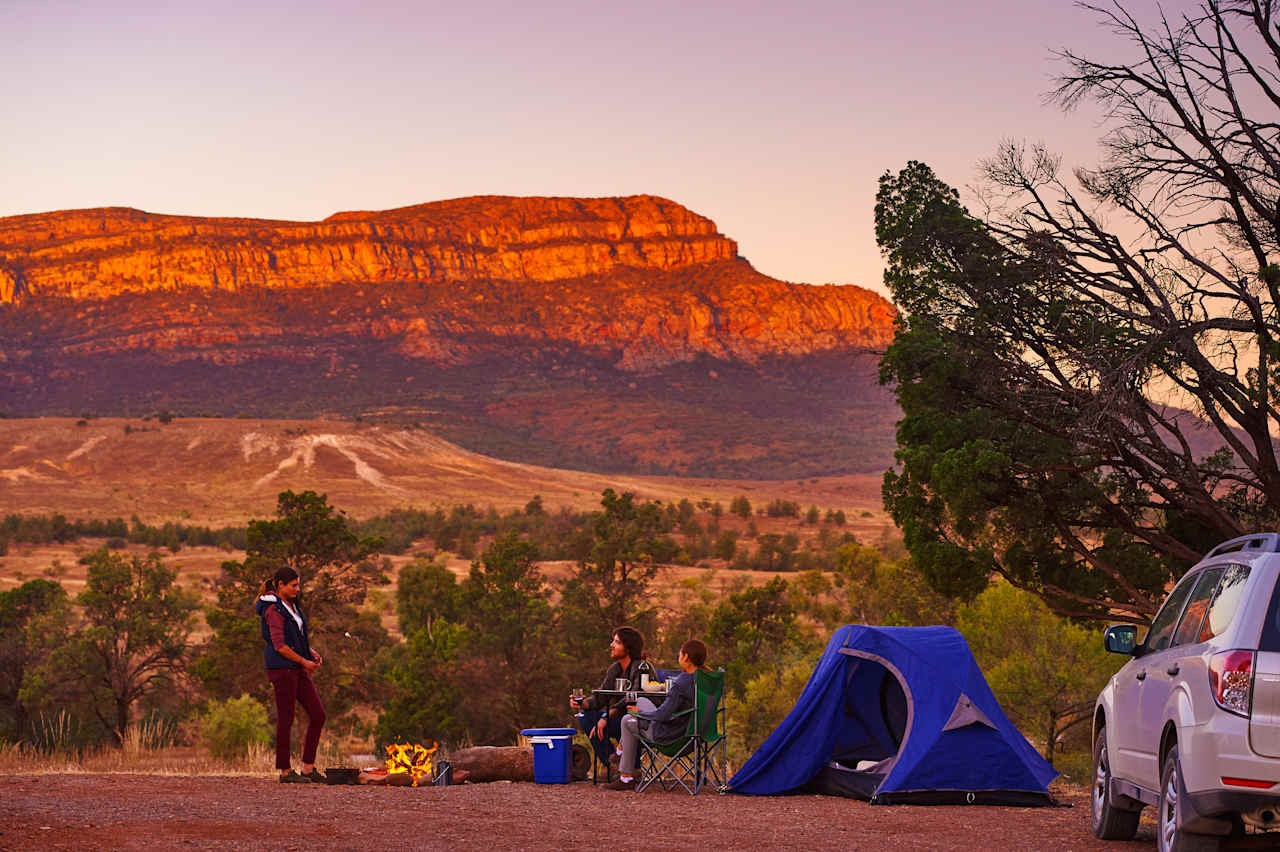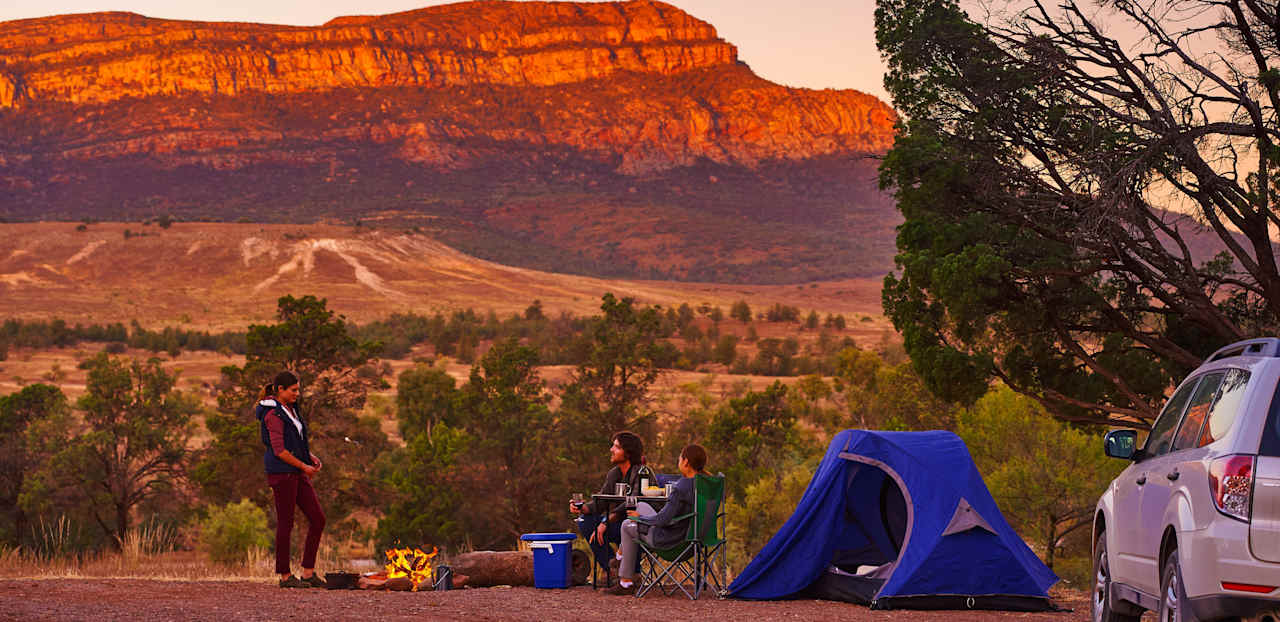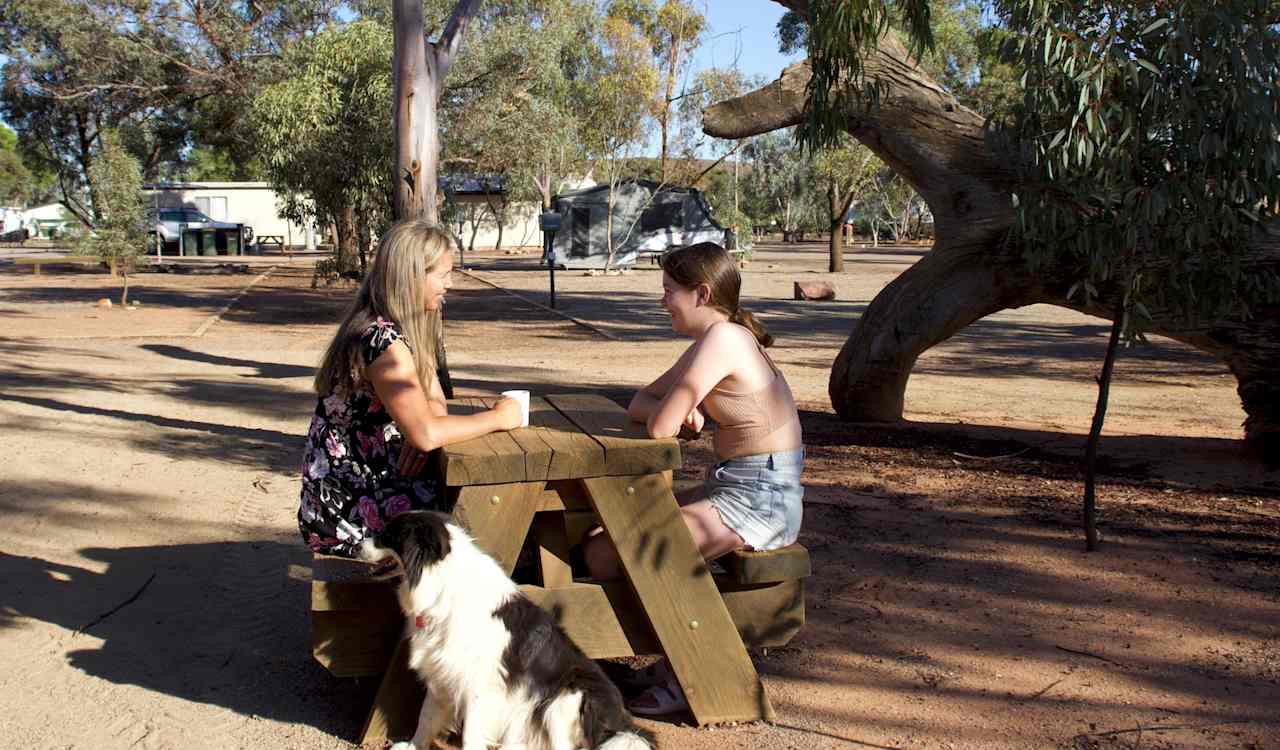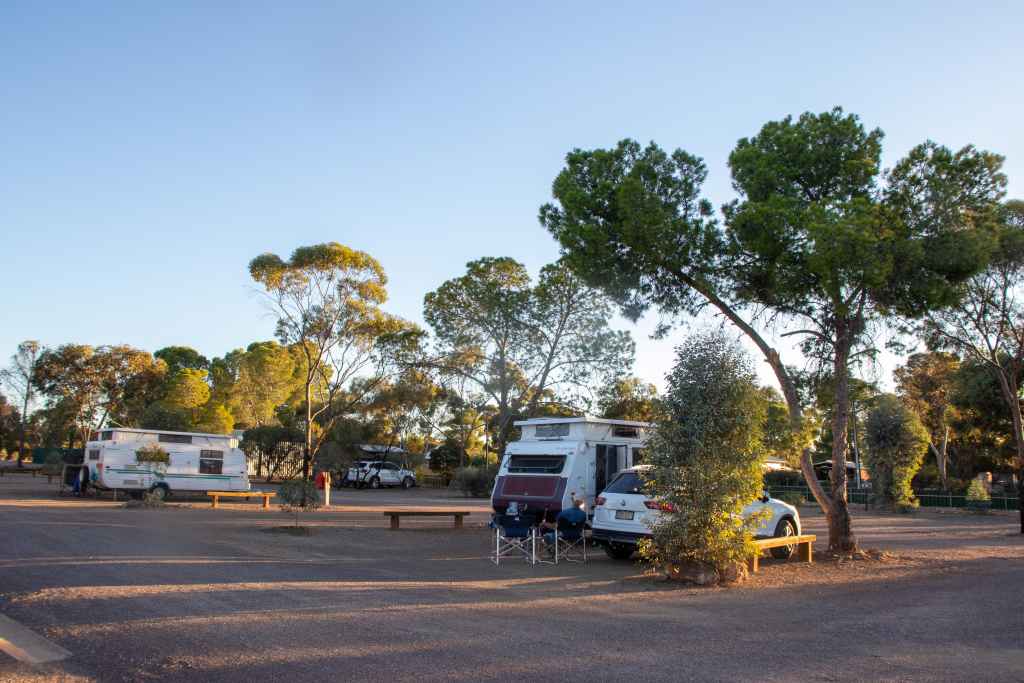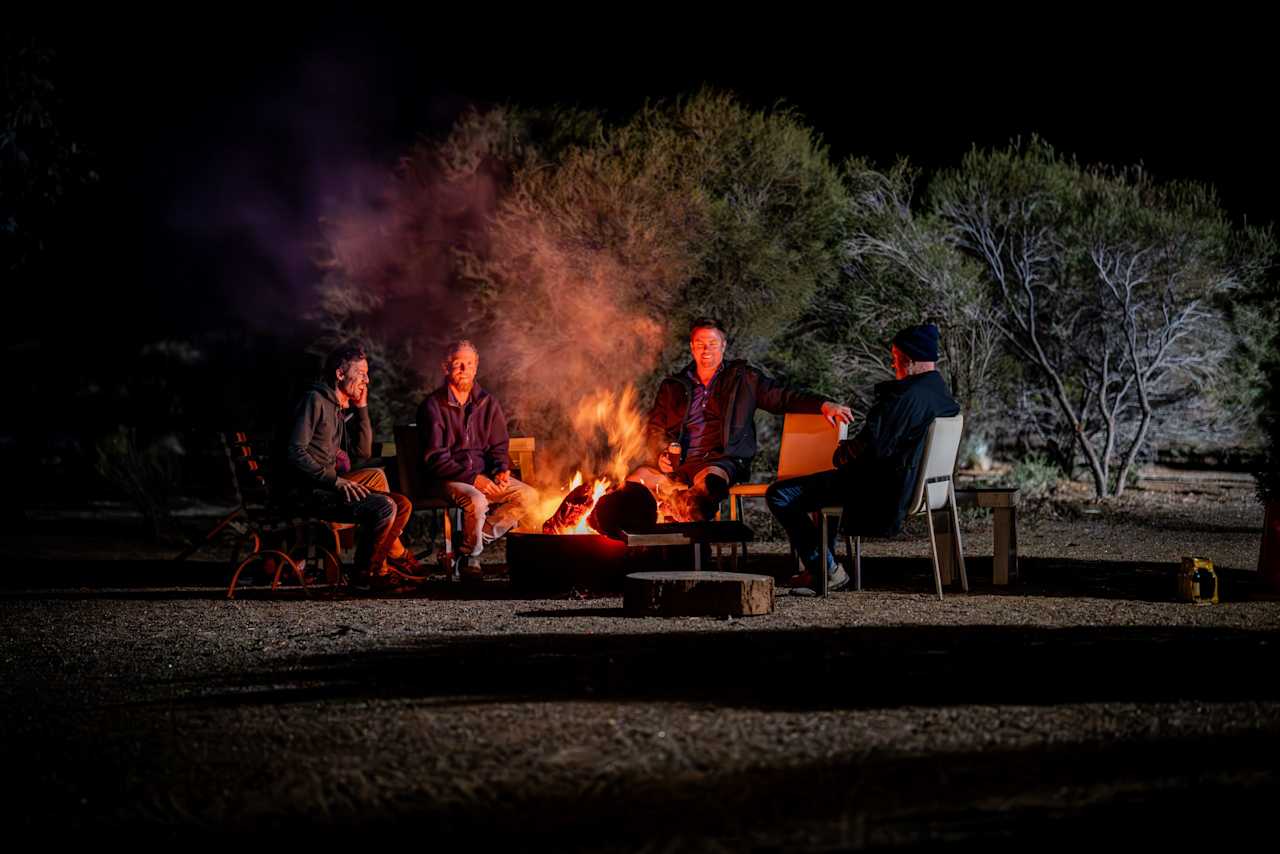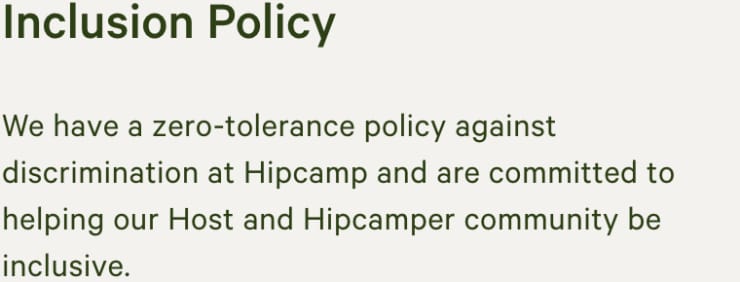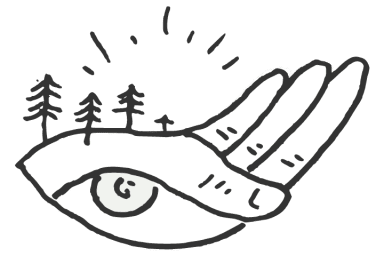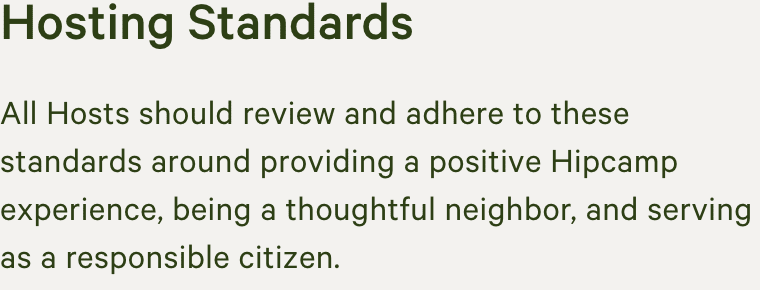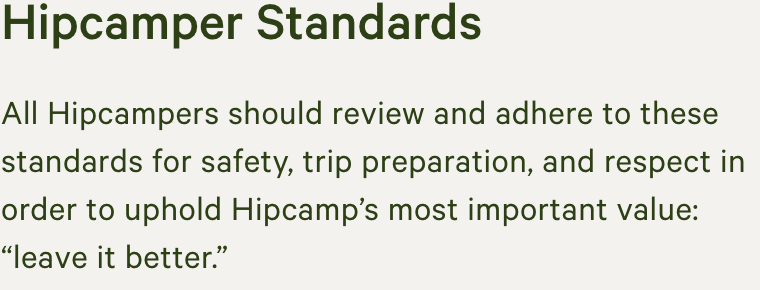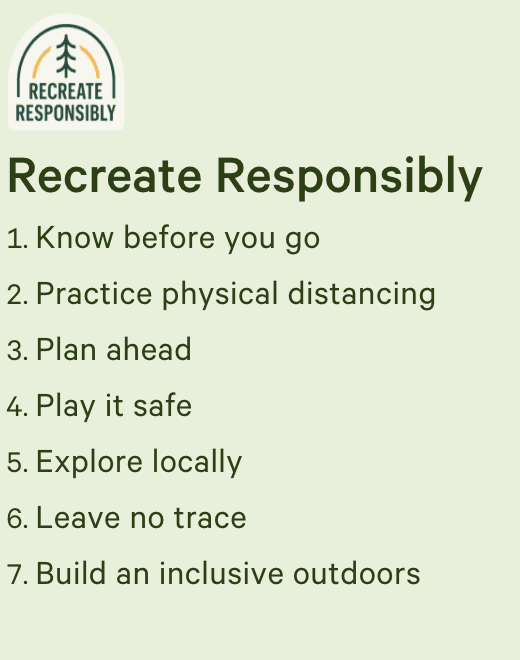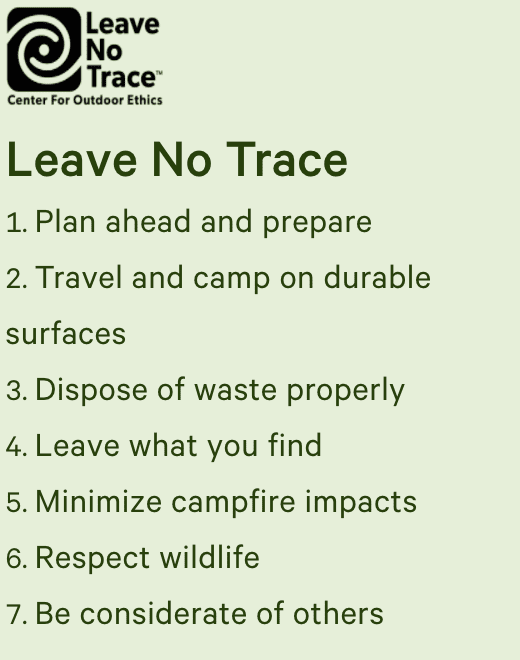The best camping near Ikara-Flinders Ranges National Park
Discover the most magical spots to pitch your tent or park your rig on your next Ikara-Flinders Ranges National Park adventure.
Popular ways to camp
Top-rated campgrounds near Ikara-Flinders Ranges National Park
Rawnsley Park Station
Beltana Flinders Historic Town
Hawker Caravan Park
The best camping near Ikara-Flinders Ranges National Park guide
Overview
About
Ancient and rugged mountain landscapes, peaceful tree-lined gorges and a seasonal wealth of wildlife. The sense of space unique to the semi-arid zone combine to make Ikara-Flinders Ranges National Park one of South Australia’s iconic destinations. The park comprises approximately 95,000 hectares. It includes the Heysen Range, Brachina and Bunyeroo gorges and the vast amphitheatre of mountains that is Wilpena Pound. Experience the native wildlife, rich cultural heritage, impressive geological features, camping opportunities and a range of activities including bushwalking, four-wheel driving, birdwatching, photography and mountain biking.
You’ll likely sense as well as see connections between Australia’s ancient geology and its first peoples in Ikara-Flinders Ranges National Park. In South Australia's semi-arid north, this park has eleven campgrounds and hike-in camping areas, and more than 100 kilometers (62 miles) of walking trails, including the north legs of the 1,200km (750mi) Heysen Trail and 900km (560mi) biking-walking Mawson Trail. Ikara-Flinders Ranges walks wind past along creek beds to Aboriginal engraving sites (guided entry only), climb from river red gums to rocky ridges for spectacular views, and cross amphitheatre-shaped Wilpena Pound, traditionally known as Ikara and popular with kangaroos. Spoil yourself with a scenic flight to appreciate this geological landmark’s scale and structure.
Notable Campgrounds
- Best for camping with the lot: Wilpena Pound Campground has 44 powered sites for RVs and 400 unpowered campsites with foot access to the Wilpena Pound Resort pool and restaurant, and four Pound bushwalking tracks.
- Best for rock-hounds: Acraman Campground is a short walk from Bunyeroo Gorge, which breaches the Heysen Range, revealing 850 million years of sedimentation and buckling.
- Best for lovers of open space: Aroona Campground has four campsites among native pines in the park's far north.
Tips for Snagging a Campsite Reservation
- Campsites should be reserved before arrival. You can book online at Parks SA up to 12 months in advance. Set a calendar alert for well ahead if you’re keen to visit over Easter or during school holidays.
- You’ll need to reserve Wilpena Pound campground sites separately through Wilpena Pound Resort.
When to Go
The best time to visit Ikara-Flinders Ranges is in the cooler months from April to October when rain greens the country and drifts of wildflowers bloom across the flats. The campgrounds can fill up during the April, July and September–October school holidays so consider visiting outside these times. Winter night-time temperatures sometimes drop below freezing but clear, sunny days perfect for hiking often follow. Summer temperatures can reach dangerous highs and the three toughest and most spectacular walks are closed 30 November to 1 March.
Know Before You Go
- Ikara-Flinders Ranges National Park is five hours north of Adelaide by car. You can buy supplies in the Wilpena Pound Resort minimart but you’ll pay less in the city, and in the town of Port Augusta on the way.
- Parks SA charges a fee for vehicle entry. You can pay online when booking campsites.
- Many of the park roads are unsealed. Check road conditions with the Visitor Information Centre.
- Cell phone coverage is poor. There is a pay phone in Wilpena Pound Campground.
- Campfires are permitted in designated fire pits, except on days of high wildfire danger. You’ll need to bring your own firewood because collecting it within the park is prohibited.
Top national parks near Ikara-Flinders Ranges National Park
Top cities near Ikara-Flinders Ranges National Park
- Ikara-Flinders Ranges National Park
